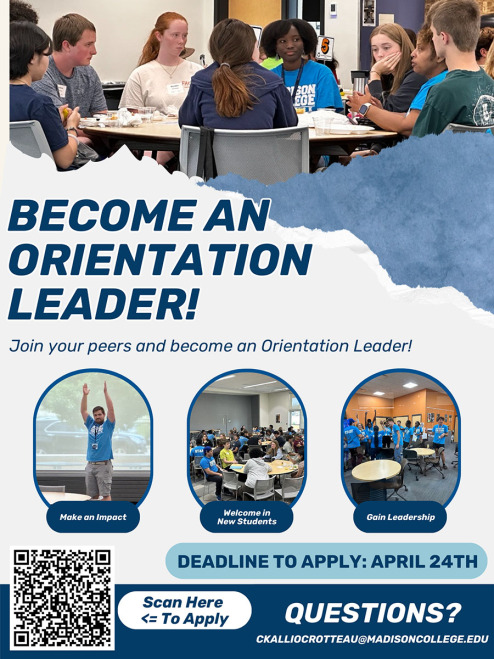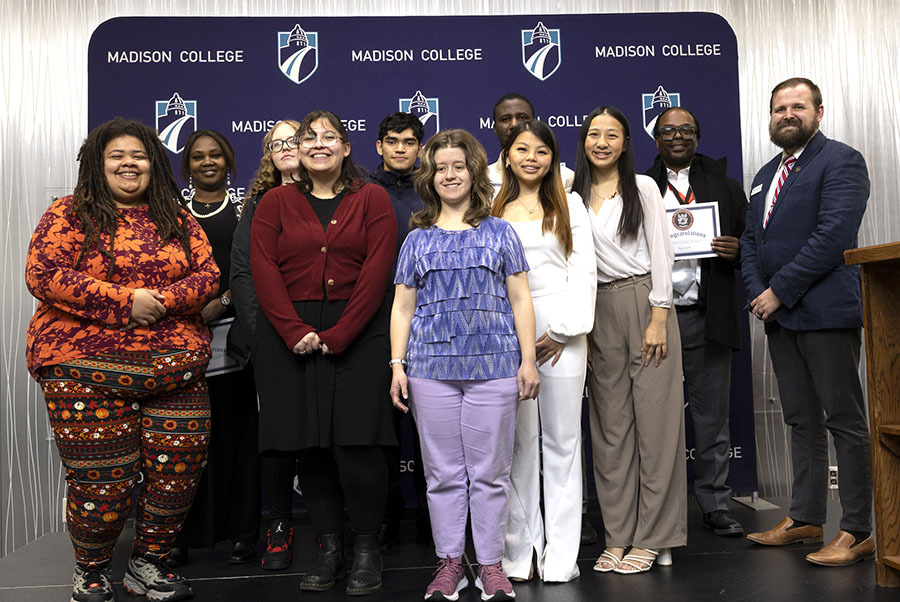Autism awareness is of vital importance
May 2, 2023
By the time this article is published, Autism Awareness Month will be over, though its effects will not. Instead, they will be seen, heard and appreciated. Since its introduction as a national month of recognition by the Autism Society in 1970, autism has been the fastest growing diagnosis in the world. One in 2000 children in the 1970s and 1980s were diagnosed, and today it is one in 68.
Research is continuing with its uncovering process regarding autism, and it is important to know that an intricate combination of genetic, nongenetic and environmental factors coincide with each other, imposing a risk that a child may develop autism, meaning there is no one cause. And to note, risk is not the same as cause, for environmental factors do not guarantee a development of autism, and more specifically, changes in genetic material can occur in people who do not have the disorder.
National Institute of Mental Health (NIMH) director, Joshua A. Gordon, has collaborated with others on the International Autism Coordinating Committee (IACC) to notify and advise governmental groups on autism policies, practices and research precedents. Federal efforts regarding autism have fallen very short on strategic plans to help focus and guide awareness, so Gordon and others have been tasked with creating a plan to show the voices of people with autism. It will be published on the IACC website in May 2023, and it entails detailed propositions through ponderous research.
One focus of the IACC’s plan are several solutions to cover the entire lifespan of someone with autism and the needs of people on the autism spectrum. It is the new plan’s first time addressing older adulthood regarding health and health care. Increasing equity and reducing disparities are another prime focus, where social standards and socioeconomic status raise issues, along with race, ethnicity, sexual orientation and gender identity. Garnering a community voice is of utmost value and urgency in order to express the variance of problems, identities and perception.
An ongoing message that the IACC is pushing is that the research society needs to expand in order to address the full range of the needs of the autism community. In 2019, NIMH established career enhancements through grants to provide mentored research support to gain new insights and capabilities for adults and youth on the autism spectrum. In 2022, the National Institutes of Health awarded $100 million over a five year period to support Autism Centers of Excellence (ACE) to focus on sex differences. This, of course, is only the first stepping stone. And for the full scope of social issues, funding for research has partially been met as this first stone, yet social areas and voiceful exposure need to be met through this given support.
Increased awareness can be seen by the World Autism Awareness Day, April 2, a date chosen by the United Nations General Assembly; its theme is “Toward Autonomy and Self-Determination.” This year on World Autism Awareness Day, 11,000 buildings and landmarks throughout the world have shown their support by lighting their foundations and structures with the color blue. The Light it up Blue campaign also encourages people to wear blue.
Other ways people can show their support is through fundraising and fundraising walks, and hands-on activities such as puzzles which is the global symbol of autism spectrum disorder. Find more information about autism spectrum disorder through this site nimh.nih.gov.






























